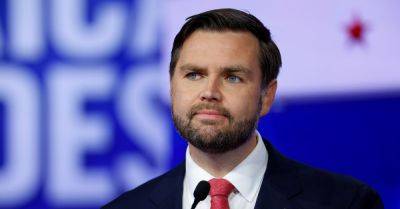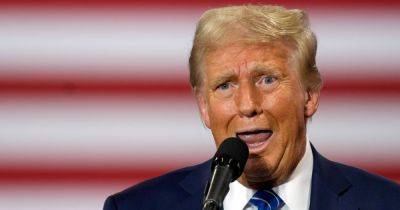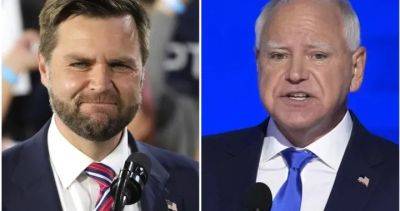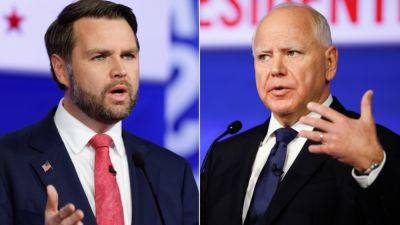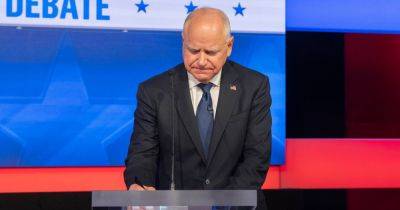Civility and Then a Clash Over Jan. 6: Seven Takeaways From the Debate
Senator JD Vance of Ohio and Gov. Tim Walz of Minnesota spent most of their only debate aiming not at each other but at their running mates, relitigating the last two administrations and eight years as each promised his ticket would deliver a new direction for the nation.
It was a substantive and mostly civil debate between two Midwestern men that laid bare the policy chasm between the two parties on immigration, abortion and foreign policy. But no issue made clearer the size and stakes of the country’s current political divide than the final topic of the night, when Mr. Vance refused to concede that former President Donald J. Trump had lost the 2020 election.
“Tim, I’m focused on the future,” Mr. Vance said, trying to move on. “That is a damning nonanswer,” Mr. Walz replied.
Mr. Vance looked polished throughout. Mr. Walz spoke haltingly, especially at the start, taking a series of verbal stutter-steps before getting to his point.
Vice-presidential debates rarely reshape presidential elections, and neither man appeared to suffer a race-defining stumble. But this one, uniquely, is scheduled — for now — to be the final debate of 2024. Here are seven takeaways from the debate:
Mr. Vance spent much of the night offering explanations for Mr. Trump’s policies that sounded accessible. But in one of the debate’s final exchanges, Mr. Vance found himself without an explanation for Mr. Trump’s behavior after the 2020 election. Mr. Vance tried, making the eyebrow-raising argument that Mr. Trump “peacefully gave over power on January the 20th.”
“Did he lose the 2020 election?” Mr. Walz questioned Mr. Vance.
Mr. Vance dodged and pivoted. He argued that the Democrats were the real threat to democracy and claimed that Ms. Harris censored



